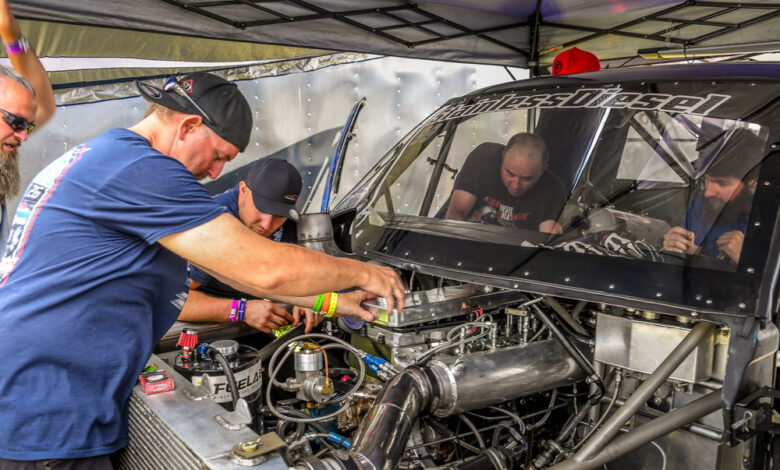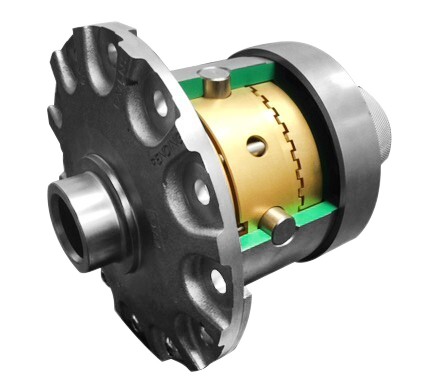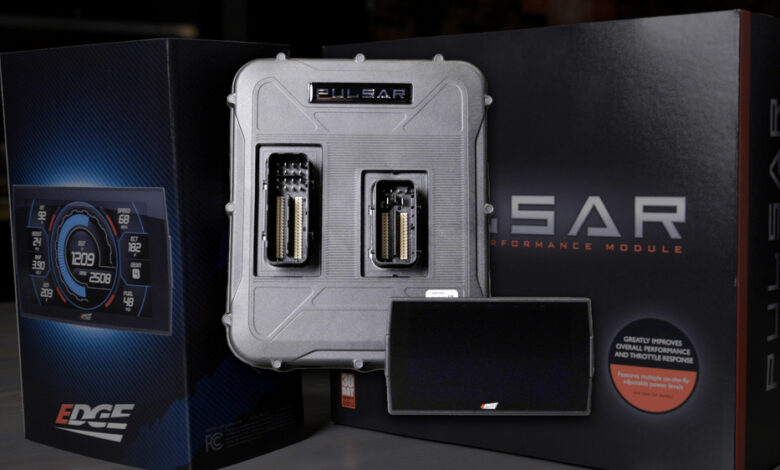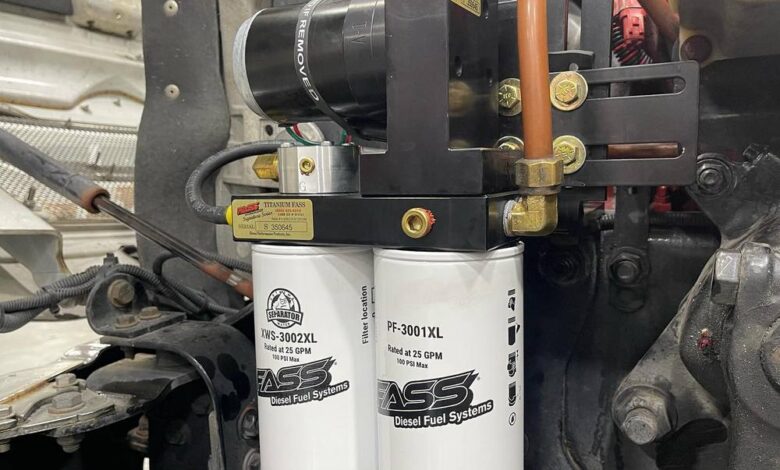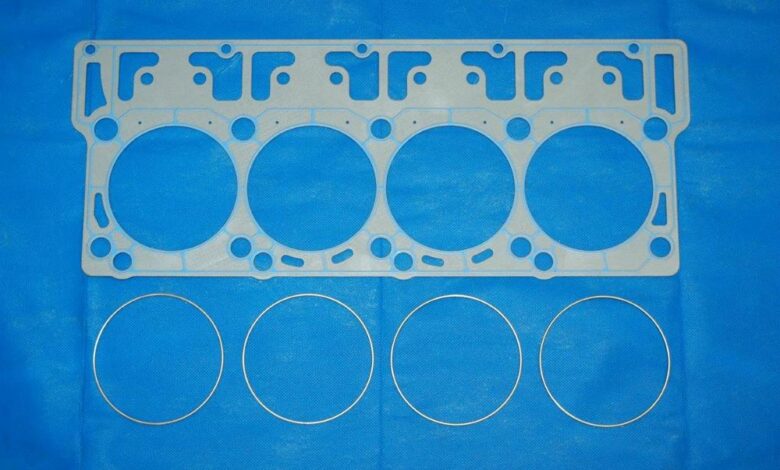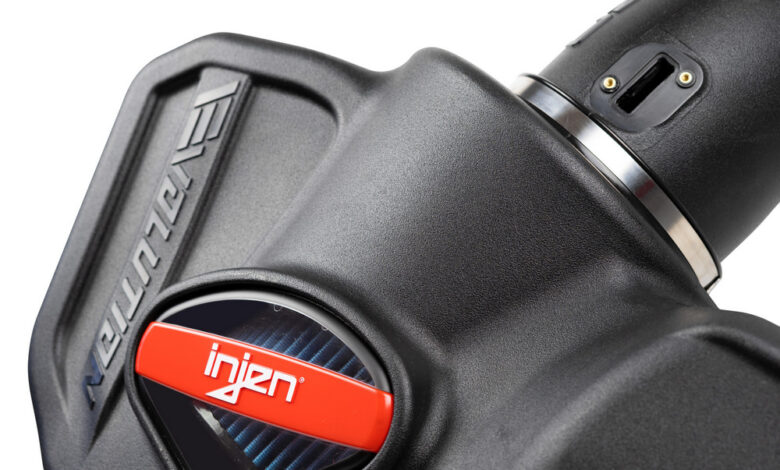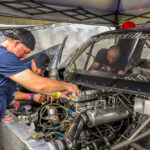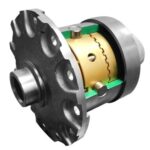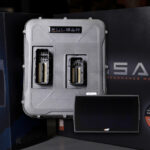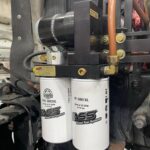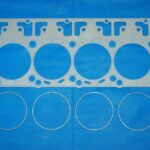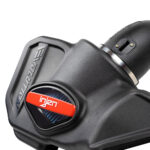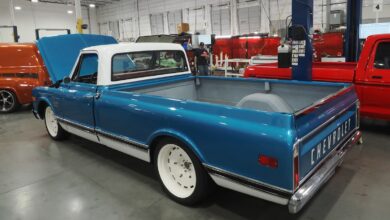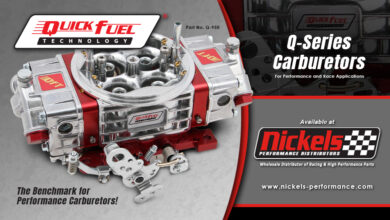Diesel Performance: Seven Days a Week
Enthusiasts seek upgrades for work & play.
This article originally appeared in the May 2023 issue of THE SHOP magazine.
Editor’s note: This discussion references the EPA and some of its positions, programs and policies regarding diesel vehicle emissions. Learn more at: epa.gov/dera.
Performance diesel enthusiasts are a dedicated, active part of the aftermarket that love their vehicles and are excited by what they can do.
For work or play, diesels offer plenty of potential when it comes to professional upgrades. Combining bolt-on parts, tuning and accessorization, it’s no wonder the industry is riding high and maintaining momentum.
Government rules and regulations continue to help shape the market, meaning performance diesel shops need to keep up on their education. With that in mind, parts suppliers offer an update on what’s new, what’s hot and what’s working in this powerful industry.
RULES OF THE ROAD
Maybe no other section of the automotive industry pays more attention to local, state and national rules, regulations and laws than performance diesel.
Asked about the outside factor having the greatest impact on the market, Josh Thornton, who conducts research and development for FASS Diesel Fuel Systems, simply states, “the Environmental Protection Agency.”
Edge Products, a Holley brand, has been engineering and producing-emissions compliant products since 2011, says Jacob White, brand manager. Over the years, officials have seen an uptick in enforcement of EPA standards and CARB compliance, forcing manufacturers to understand the rules and follow them to the letter.
“We have multiple state-of-the-art emissions testing facilities within our company around the country so that we can ensure our products meet all CARB requirements before we release them to market,” he explains. “But there are hundreds of aftermarket companies that are now being forced to navigate through SEMA Garage and CARB to get Emissions Order (EO) approval on their products as well, which has led to quite the bottleneck processing submissions for EOs. These delays at CARB continue to plague us, but we continue to work through them.”
Other factors affect the market as well, he adds, including the economy, inflation and fuel prices.
Add it up and patience is definitely required, states Jay Crouch, director of global business for Injen Technology.
“It is very expensive for companies to apply for and receive CARB exemptions on their performance parts,” he says. “Injen prides itself on submitting CARB exemption applications for all of our products, and while it takes time for the government to issue these exemptions at times, we do our best to help our business and our customers stay within compliance of all EPA regulations.”
Meanwhile, pain at the pump has prompted demand for professional recommendations to improve engine efficiency, notes Josh Steinmetz, brand manager at Hot Shot’s Secret.
“With higher fuel prices, customers are looking to increase performance and fuel economy. Longevity is also an important factor, with (current) replacement part availability issues.”
It can be a deciding factor for customers on a budget, agrees Greg Milentis, business unit manager, aftermarket differentials for Auburn Gear Specialty & Diff Axle, a division of Auburn Gear.
“The price of diesel fuel is a continued consideration when a shop recommends available aftermarket options,” he says. “As fuel prices increase, there is an interest in fuel-saving upgrades, and as they decrease, the opportunity is open to offer a much broader set of products.”
As oftentimes a want and not a need, says Ron Olsen, director of motorsports for Hypermax Engineering, the outside factor that most affects the market is “disposable income.”
NICE TO KNOW
All the outside attention may lead shops to believe the performance diesel market is particularly complicated, but the knowledge and skill required to succeed is on par with other niches, manufacturers say.
“There has been a misconception created within the industry that diesel trucks require ‘custom tuning,’ when 90% of the trucks being modified are just simple bolts-ons (intake/exhaust) and our preloaded tuning devices work incredibly well for these applications,” says White. “While custom tuning devices have their place, for a relatively ‘stock’ truck you’d be paying a much larger price up front with negligible gains over our precalibrated devices.”
The more you know, the better you can serve your customers, adds Steinmetz.
“Shops should provide recommendations based on prior experiences with makes and models of performance parts. This can lead to better overall customer satisfaction,” he reveals.
Even for clients who have done their research, you can often lead them to total power packages, says Milentis.
“When a truck owner comes to a shop or searches YouTube for recommended options for obtaining peak horsepower performance, the following aftermarket items are commonly recommended: cold air intake, inline tuner, pedal modifier, and air (versus flatback) differential cover,” he says. “This list leaves out performance differential upgrades.”
It’s a reminder to keep plenty of inventory on hand, says Olsen.
“If you don’t have it, you can’t sell it. Manufacturers are running a several-month backlog.”
Crouch says the products are out there—though you may want some help finding them.
“Sometimes smaller shops are fooled into thinking they can’t carry a brand without a huge investment in inventory. Signing up with a large distribution house is key,” he says. “Not only will this give you access to numerous brands, but most are set up for fast and reliable dropship services. Don’t get me wrong—I would love to sell direct to everyone, but that model just doesn’t work in every instance.”
BACK FOR MORE
To increase sales of performance diesel products and services, it pays to know your clientele and build relationships, says Hot Shot’s Steinmetz.
“Many customers trust their performance shops to recommend the right products to protect their vehicles. Selling a high-quality product will lead them back to you for more recommendations in the future,” he says. “There are opportunities to show that with the right diesel fuel additive, for example, the savings acquired during (times of) high diesel fuel prices can almost or will completely pay for the product, making it an easy upsell.”
It can also help to shine the spotlight on the diesel market from time to time, notes Olsen from Hypermax.
“Offer sales and special promotions,” he suggests.
And remember, when it comes to diesels, it’s not all play and no work.
“Don’t overlook the importance of a truck’s driveline as it, too, impacts the peak performance of an upgraded pickup,” says Milentis, referencing the Auburn Gear AAM 11.5-inch electronic locking differential as an example. “This work truck upgrade is an economical driveline consideration when optimal performance is expected.”
Education can be a two-way street, White from Edge Products notes.
“For the latest-model diesel trucks, we’ve seen a drop in demand for more power, with a lot of owners now content with the power output from their factory trucks,” he says. “Instead, there has been a shift in the desire for more feature control and adjustability for the end user to fine-tune that truck to their specific needs, including throttle sensitivity, speedometer calibration for lifts/tires, manual DPF regeneration and many more to give the truck owner control of their experience.”
In this market, shops also don’t have to stop at enhancements.
“Many of our most successful dealers emphasize maintenance as much as they do upgrades,” Thornton says. “For example, consistent FASS filter changes are a great source of revenue, and increased opportunities for add-on items.”
A holistic approach to the vehicle may serve customers best, says Crouch from Injen Technology.
“While it’s great to focus on power and sound, today’s economic climate demands that you sell on value as well. By value, it doesn’t just stop at price point—shops need to discuss how increased engine efficiency also has the opportunity to reduce fuel consumption,” he says. “That reduced fuel consumption will directly correlate to money in the customer’s pocket down the road, and this is especially true with end users who tow with their vehicles.”
